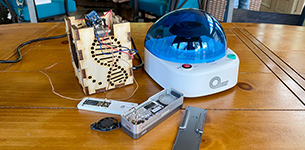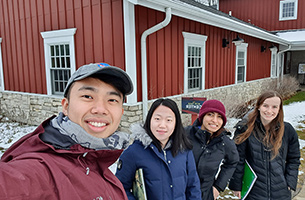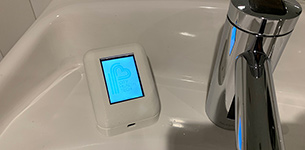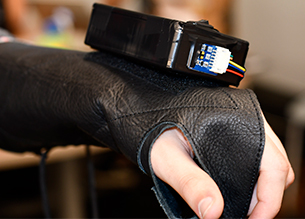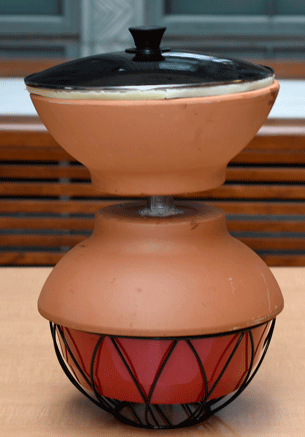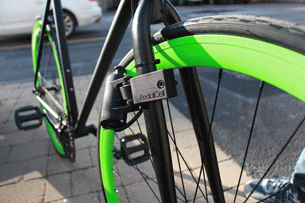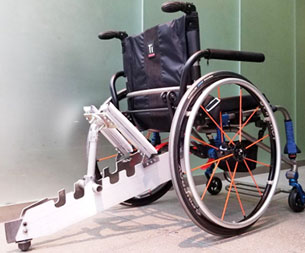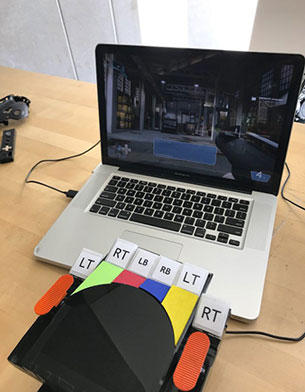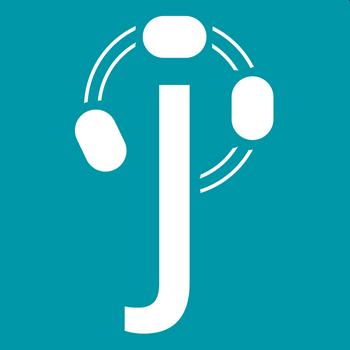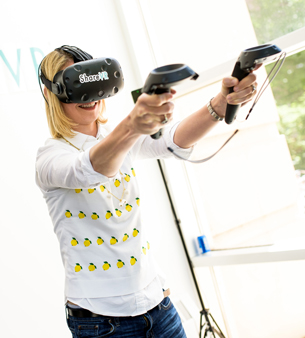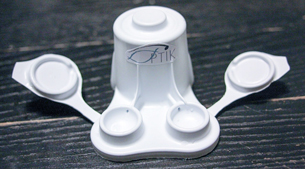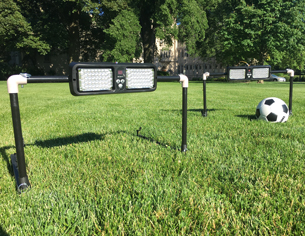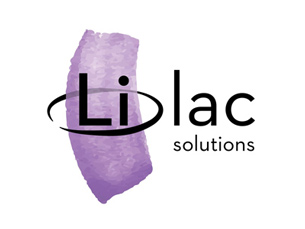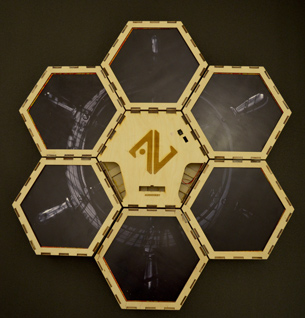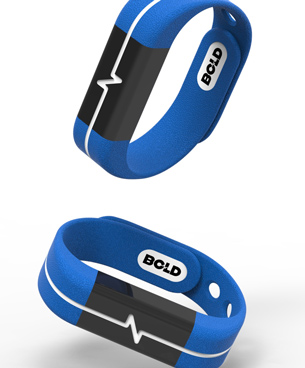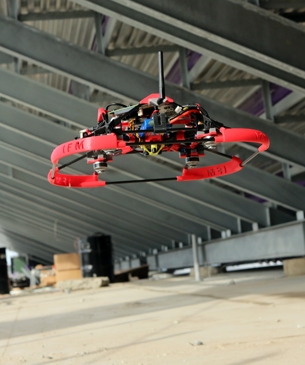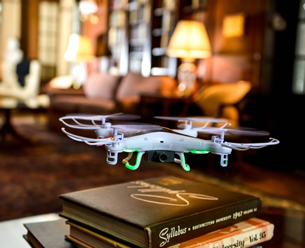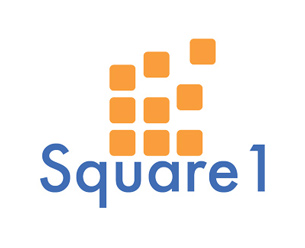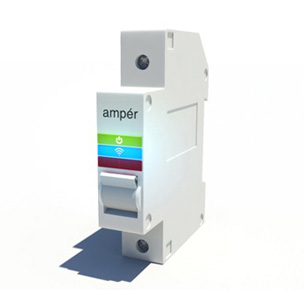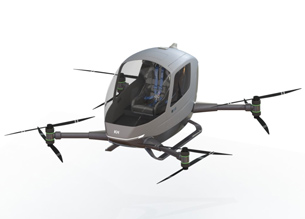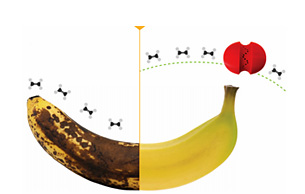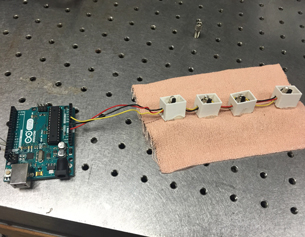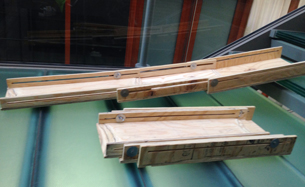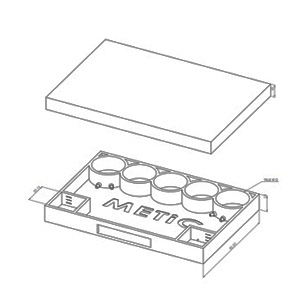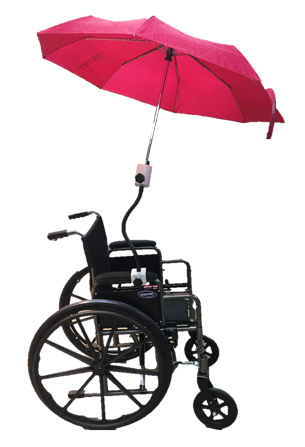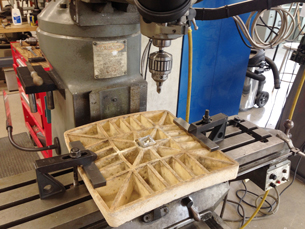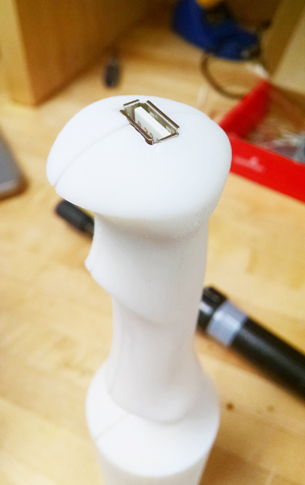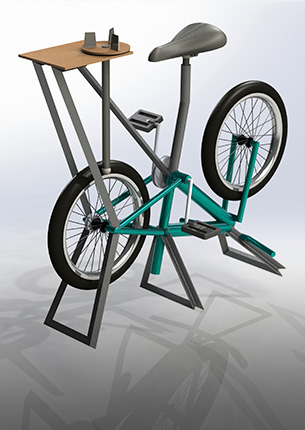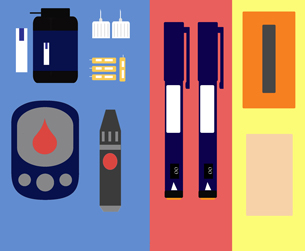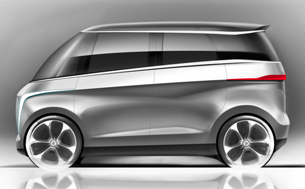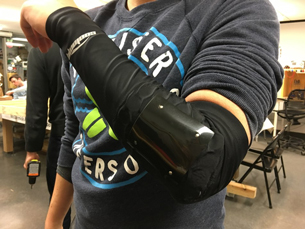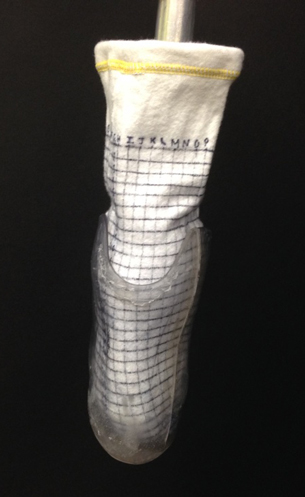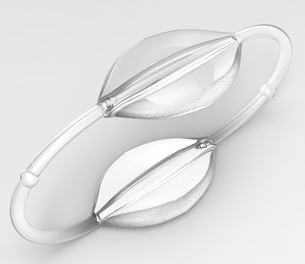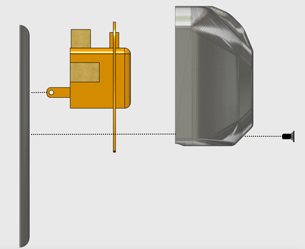PedalCellA device that harnesses biking energy
Around the world, more than 320 million people now use a bicycle as their main mode of transportation, and by 2030, estimates show that number will nearly double to more than 600 million.
To meet the needs of this growing population, bikes are becoming “smarter” through new technology to make them safer and more connected, such as collision avoidance, navigation, and theft prevention. PedalCell, a startup receiving support from Northwestern’s NUvention: Energy course and The Garage, is enhancing new smart bike technologies through a bicycle power and data platform.
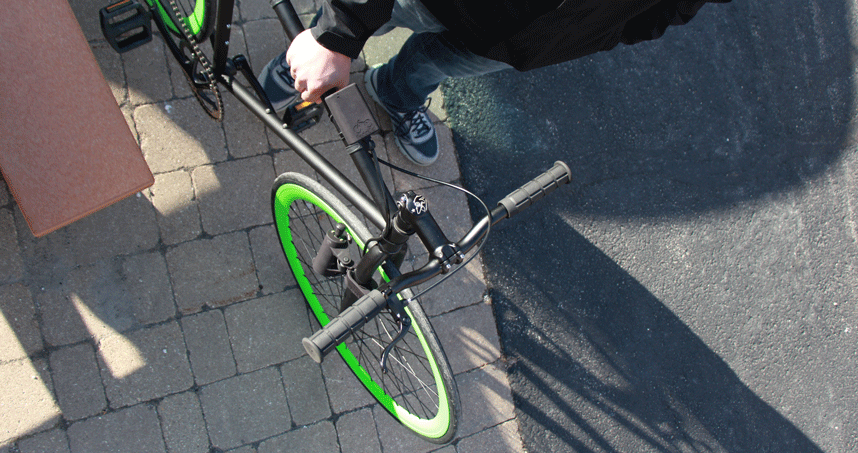
I think we really have an opportunity to provide enabling resources to cycling companies to fundamentally change how we think of mobility.
How It Works:
PedalCell sells a power source for bicycles powered by human motion that sits on the bicycle’s front fork. The platform uses rider motion to deliver power and rider metrics that can be used for “smart” bicycle features such as rapidly charging cell phones and bike lights, connecting to fitness devices, and powering safety systems. The technology has the potential to power bike sharing and navigation technologies.
Benefits:
- Provides an alternative form of clean energy
- Supports reducing CO2 emissions and sustainable living
- Captures precise rider fitness data
- Enables safety and connectivity for smarter cycling
Development Process:
As an avid biker with an entrepreneurial spirit, Vishaal Mali started working on PedalCell during his senior year of high school. “One of the biggest reasons why I came to Northwestern was for The Garage and their engineering and entrepreneurial resources,” he says.
Mali participated in The Garage’s Wildfire program which helps student teams accelerate their startups through additional resources and coaching over 10 weeks. During his junior year, Mali met two other Northwestern Engineers in the Master of Science in Engineering Design Innovation program and the mechanical engineering master’s program who joined the team, Tarun Subramanian and Gar Waterman. Mali’s co-founder is a business student at the University of Michigan.
Through an entrepreneurial co-op, Northwestern found PedalCell an office at the mHUB innovation space in Chicago. The team is spending the next three quarters working full-time on the startup.
Current Status:
PedalCell is working toward a pre-seed funding goal of $700,000. The team is creating production samples and working with more than a dozen interested companies.
Team MembersVishaal Mali (’20), Tarun Subramanian (MS ‘18), Gar Waterman (EDI ‘18), Adam Hokin (University of Michigan ’19)



